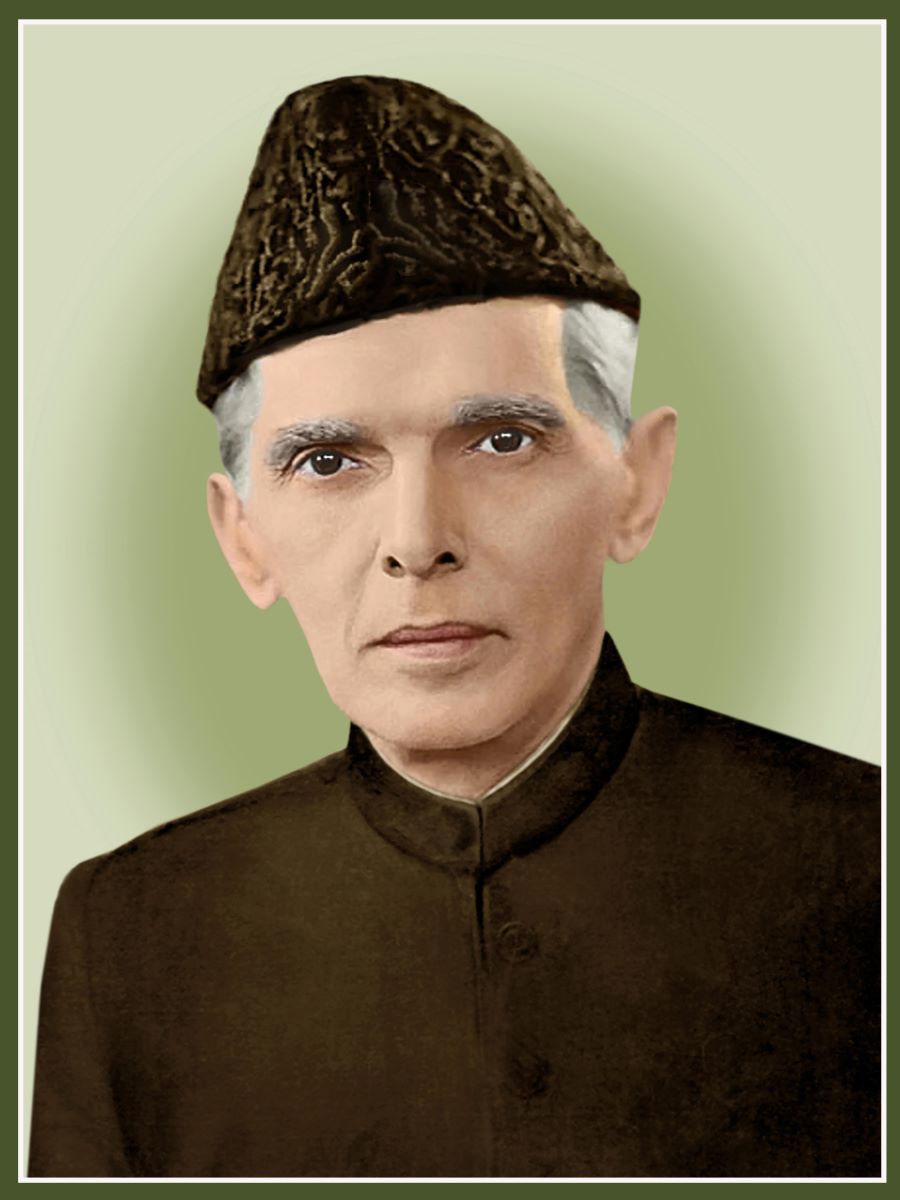This Quaid-I-Azam essay delves into the life and conquests of Muhammad Ali Jinnah, the founder of Pakistan. Quaid-I-Azam, Muhammad Ali Jinnah is respected as the founding father of Pakistan. Quaid-I-Azam means an excellent leader. His leadership, insights, and steadfast determination played a crucial role in the development of a separate nation for Muslims in the Indian subcontinent. Born on December 25, 1876, in Karachi, Jinnah’s journey from a young student to a high-profile leader is an inspiring tale of perseverance and dedication.
Early Life and Education
In this Quaid-I-Azam essay, we start with his early life. Jinnah was born into a mercantile family. After completing his early education in Karachi and Bombay (now Mumbai), he pursued further studies in law at Lincoln’s Inn in London. His legal insight and eloquence in English soon earned him a reputation as one of the most competent barristers in British India.
Political Career and Struggle
As we continue with this Quaid-I-Azam essay, we discuss his political adventure. Jinnah’s political career started with his collaboration with the Indian National Congress. However, he soon realized that the concerns of Muslims were not adequately represented. This led him to join All India Muslim League (AIML) in 1913.
Quaid e Azam’s fourteen points:
His famous Fourteen Points in 1929 outlined the requirements for Muslim rights and independence, setting the stage for future dialogues. As the leader of the Muslim League, Muhammad Ali Jinnah advocated for the security of Muslim interests, eventually calling for the development of Pakistan in the Lahore Resolution of 1940.
The Road to Independence
This Quaid e Azam essay highlights Jinnah’s leadership in the critical years leading to independence. Jinnah’s leadership during the crucial years leading up to independence was marked by relentless efforts to negotiate with the British and the Indian National Congress. Despite numerous challenges and opposition, Jinnah remained steadfast in his demand for a separate nation. His unwavering resolve, coupled with his diplomatic skills, culminated in the historic creation of Pakistan on August 14, 1947.
Legacy and Impact
In this Quaid e Azam essay, we also explore his lasting legacy. Quaid-e-Azam’s legacy extends beyond the formation of Pakistan. He envisioned a nation where Muslims could live freely and practice their religion without fear of persecution. Jinnah’s principles of unity, faith, and discipline continue to resonate in Pakistan’s national ethos. His emphasis on democracy, rule of law, and equal rights laid the foundation for Pakistan’s constitution and governance.
Quaid e Azam’s death:
Despite facing immense health challenges, Jinnah’s dedication to his cause never wavered. Quaid-e-Azam passed away on September 11, 1948, just a year after the creation of Pakistan. However, his vision and leadership remain an enduring source of inspiration for millions.
Conclusion
This Quaid e Azam essay reflects the contributions of Muhammad Ali Jinnah to the creation of Pakistan. His life truly shows the power of vision, perseverance and leadership. As it’s a historical fact that Pakistan developed due to the efforts of Muhammad Ali Jinnah, so, he became a powerful example for the whole world that one person’s perseverance and commitment can bring a big change in history. His legacy lives on, reminding us of the significance of perseverance, justice, and unity for a nation’s success.
In this Quaid e Azam essay, we came to know how his unshakable dedication and leadership were pivotal in forming Pakistan, and his legacy continues to motivate people around the world.
Frequently Asked Questions (FAQs)
